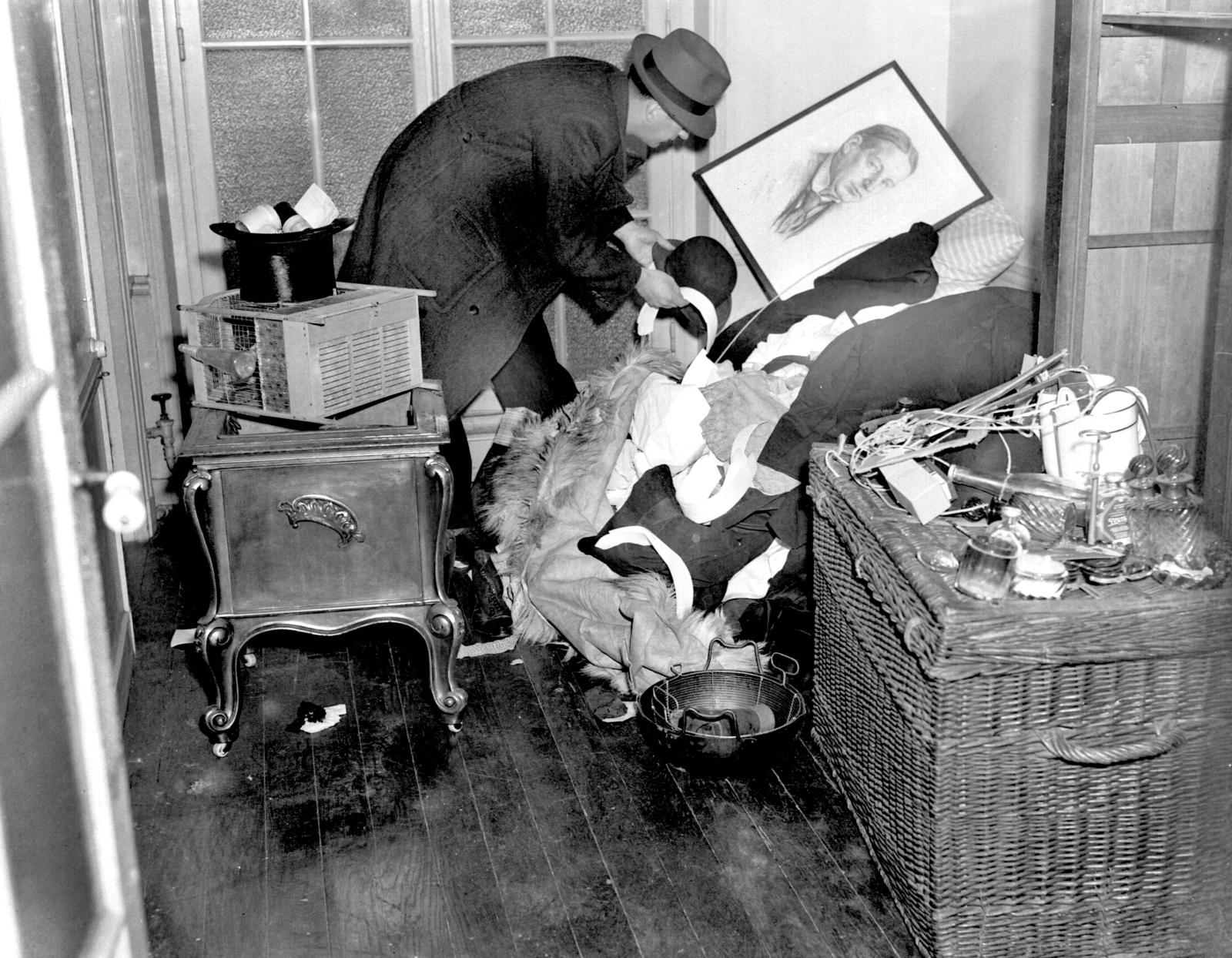by Maïa Roffé

Inventory of the home of former minister Georges Mandel (1885–1944), interned by the Vichy government at Fort du Portalet, April 1941. © LAPI/Roger-Viollet
On December 3, the Institut national d'histoire de l'art (INHA) , a French institution of higher learning and research, launched the "Répertoire des acteurs du marché de l'art sous l'Occupation, 1940 à 1945" (RAMA) on its data platform. Inès Rotermund-Reynard, with Elisabeth Furtwängler of the Technical University of Berlin, gathered together an international network of 70 experts and young researchers in this ambitious program, which focuses on the art market players in Vichy France and the works that passed through their hands. “The art market during the Nazi period has come under greater scrutiny since the revelations of the Cornelius Gurlitt case,” says the program’s director. “Collections are now meticulously checked and dubious provenances subject to investigation, which, however, are hindered by patchy knowledge about the transnational entanglement between markets and their players. No in-depth, comprehensive research had yet been done on the network of French, German and international dealers and the various participants—gallery owners, brokers, auctioneers, art historians, artists, curators and collectors—who contributed to the thriving trade. The Franco-German RAMA project aims to fill in these gaps." Click here to read more.




